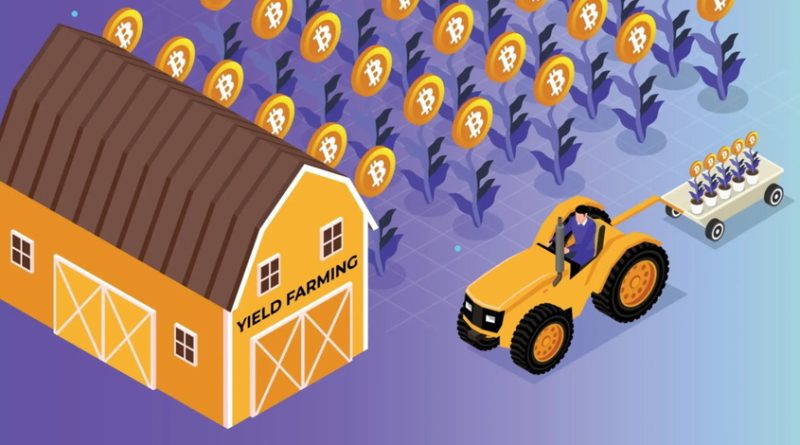Yield Farming and Governance Tokens: What You Need to Know
In recent years, there has been a significant increase in the popularity of decentralized finance (DeFi) protocols. One of the most significant developments within DeFi is the emergence of yield farming and governance tokens. Yield farming is a process that allows users to earn returns by providing liquidity to DeFi protocols. Governance tokens, on the other hand, allow holders to participate in the decision-making processes of these protocols. In this article, we will delve deeper into yield farming and governance tokens and provide you with everything you need to know.
What is Yield Farming?
Yield farming is the process of earning returns on cryptocurrency by providing liquidity to DeFi protocols. Essentially, yield farmers lend out their cryptocurrencies to DeFi platforms in exchange for rewards in the form of governance tokens or other cryptocurrencies. These rewards are typically offered to incentivize liquidity providers to participate in the protocol and ensure that the protocol has enough liquidity to operate efficiently.
How Does Yield Farming Work?
Yield farming works by users depositing their cryptocurrencies into a liquidity pool on a DeFi protocol. Liquidity pools are pools of cryptocurrencies that are used to facilitate trades on decentralized exchanges (DEXs). In return for providing liquidity, yield farmers receive governance tokens or other cryptocurrencies as a reward. These rewards can then be sold on the open market or used to stake in other DeFi protocols.
What Are Governance Tokens?
Governance tokens are tokens that give holders the right to vote on decisions related to a DeFi protocol. These decisions could range from protocol upgrades to changes in fees or the addition of new features. Holders of governance tokens have a say in the direction of the protocol and can influence the decisions made by the development team. Governance tokens are often used as a way to incentivize participation in a DeFi protocol and to create a community around the protocol.
Why Are Governance Tokens Important?
Governance tokens are important because they provide a way for users to participate in the decision-making process of a protocol. By giving users a voice in the direction of the protocol, developers can ensure that the protocol is being built to meet the needs of its users. Governance tokens can also be used to incentivize users to participate in the protocol by offering rewards in the form of tokens. This can help to ensure that the protocol has enough liquidity to operate efficiently and can increase the overall adoption of the protocol.
Risks of Yield Farming and Governance Tokens
While yield farming and governance tokens can be a great way to earn returns on cryptocurrency and participate in the development of DeFi protocols, they do come with risks. One of the biggest risks of yield farming is impermanent loss. Impermanent loss occurs when the price of the two cryptocurrencies in a liquidity pool diverges, causing the value of the liquidity provider’s assets to decrease. This can result in a loss for the liquidity provider, even if they receive governance tokens as a reward.
Another risk of yield farming and governance tokens is the potential for market volatility. The value of governance tokens and other cryptocurrencies can fluctuate rapidly, meaning that rewards earned through yield farming could quickly lose value. It is essential to understand the risks associated with yield farming and governance tokens before investing in them.
Conclusion
Yield farming and governance tokens have revolutionized how we think about cryptocurrency investing. By providing a way to earn returns on cryptocurrency and participate in the development of DeFi protocols, they have created a new ecosystem of decentralized finance. However, it is important to understand the risks associated with these investments and to do your research before investing. With careful consideration, yield farming and governance tokens can be a lucrative investment opportunity for those willing to take on the risks.

